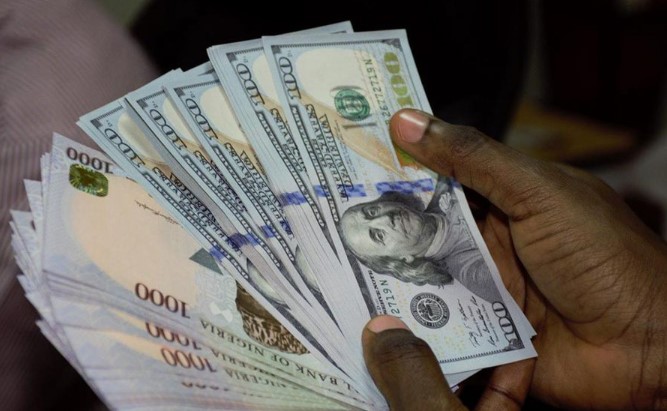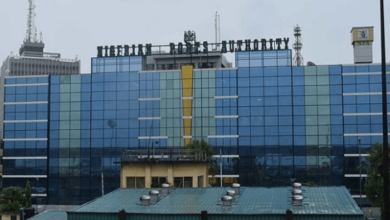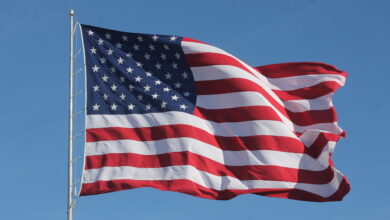Exchange rate weakens further to N1621/$1 in parallel market

The naira continued its downward slide in the parallel market on Thursday, exchanging at N1,621/$1, a depreciation from N1,580/$1 recorded just a day earlier on Wednesday.
Checks by Nairametrics at the Wuse Zone 4, Abuja confirmed the price movement as traders cited rising demand pressures amid limited dollar supply.
This represents a N41 decline in 24 hours, deepening concerns among traders and economic watchers about sustained volatility in the FX market.
While the official exchange rate stood at N1,644.00/$1 on Wednesday, according to figures published on the Central Bank of Nigeria (CBN) website, there was no updated official rate published by the CBN several hours after market close on Thursday.
Market participants at Wuse Zone 4 in Abuja attributed the persistent depreciation to a resurgence in speculative activities, unmet demand from importers, and lingering confidence issues in the foreign exchange market.
Market players, experts blame Trump
Alhaji Aminu Gwadabe, President of the Association of Bureau De Change Operators of Nigeria (ABCON), attributed the ongoing volatility in the forex market to a mix of local and global uncertainties. In a message sent to Nairametrics, he stated:
“The volatility, fears, happenings, and shocks in both the local and international markets called for disdain. President Trump’s tariff announcements have sent markets into panic, loss of confidence, revenue losses, and budget reviews.”
He added that despite ongoing interventions by the CBN, instability persists.
“As usual, the CBN, being a catalytic actor, must continue to ensure stability through timely interventions. However, volatility remains a challenge and needs to be more comprehensively addressed,” Gwadabe said.
He further called for an expanded policy transmission mechanism to better serve the retail end of the FX market.
“It is therefore necessary for the CBN to reevaluate the efficacy of that Policy transmission mechanisms and expand its to scope to the BDCs retail segment of the market to cater for the needs of the critical retail needs of invisible transactions where the BDCs poses the most potent tool of the CBN policy transmission mechanism.”
Dr. Muda Yusuf, CEO of the Centre for the Promotion of Private Enterprise (CPPE), also linked the naira’s recent struggles to global developments and speculative pressures.
“This is not unconnected to recent policy signals from President Trump and global oil price movements. The market is heavily information-driven, and speculative pressure has spiked following the tariff announcements,” Yusuf explained.
“Now that Trump appears to be having second thoughts, we might even see a bit of a breather in the FX market,” he added.
Meanwhile, traders on the ground say the situation is being worsened by the uncertainty surrounding ongoing government reforms and inconsistent access to official FX windows.
“The demand today was unusually high, especially from small businesses that can’t access the banks. It’s putting pressure on our supply,” a trader at Abuja’s Wuse Zone 4, who asked not to be named, told Nairametrics.
The spread between the official exchange rate of N1,644/$1 and the parallel market rate of N1,621/$1 narrowed slightly on Thursday, a sign that some convergence may be taking place, despite persistent volatility.
Market analysts warn that unless the CBN resumes consistent interventions or significantly boosts FX liquidity, the naira may continue to face downward pressure in the weeks ahead
The continued slide of the naira, despite heightened CBN interventions, signals persistent challenges in Nigeria’s FX liquidity and structural demand-supply mismatch.




